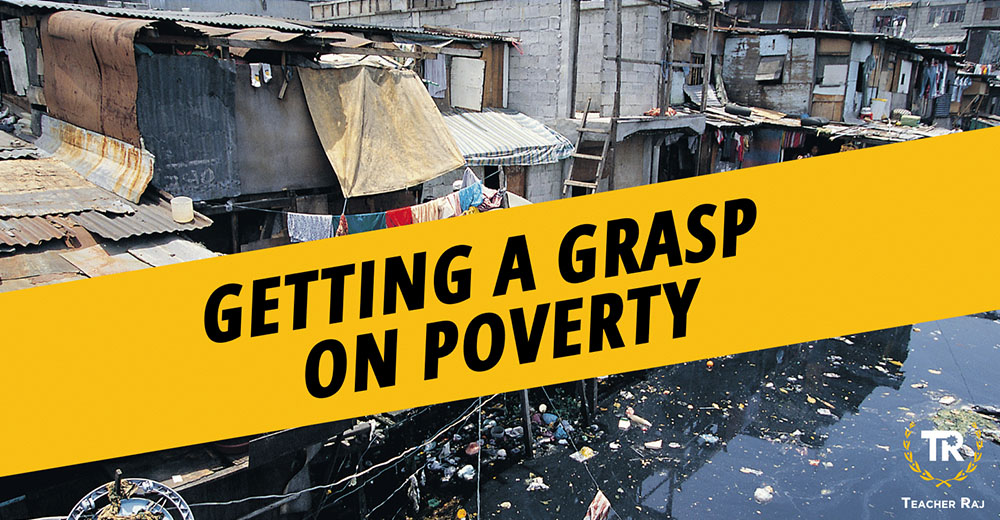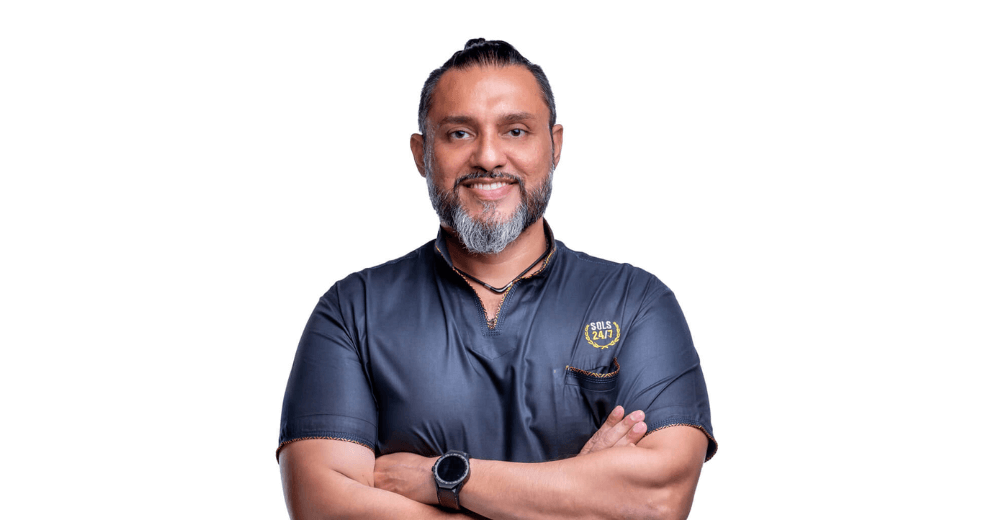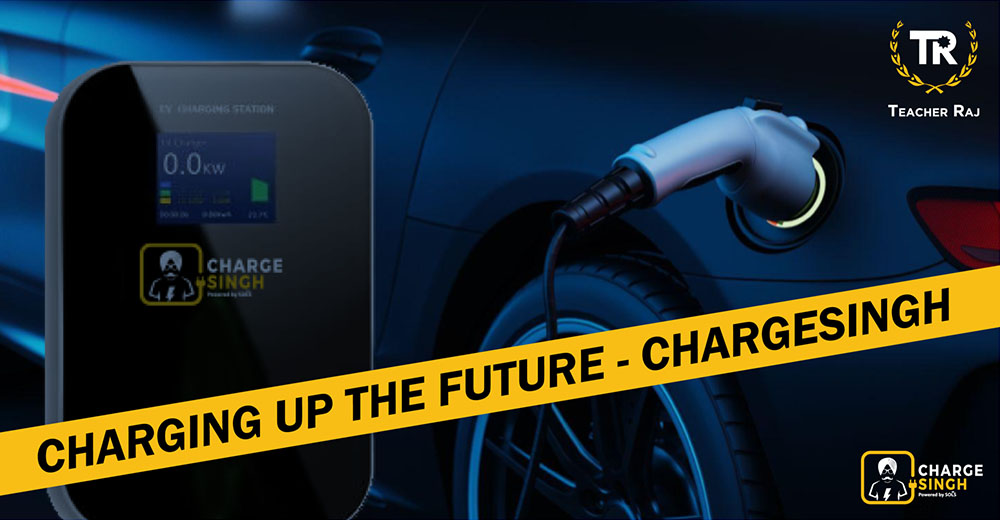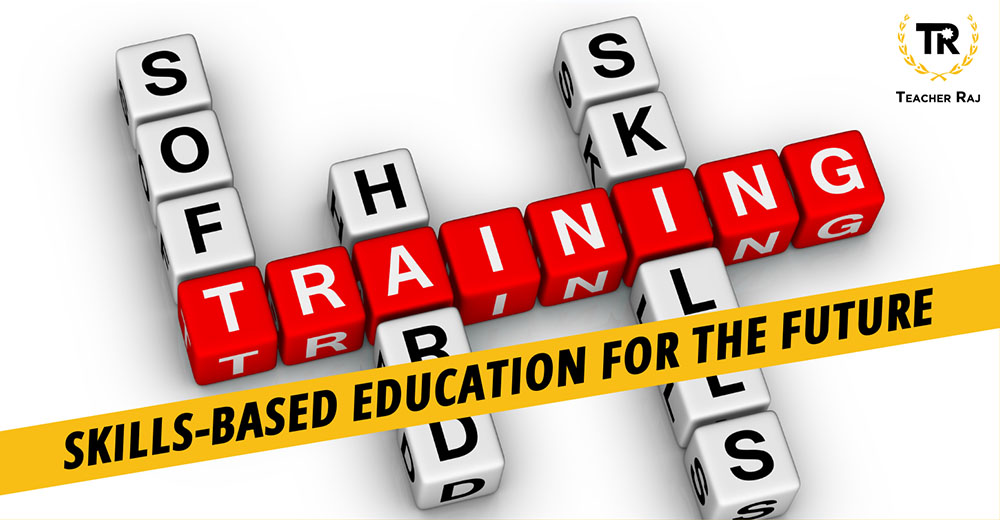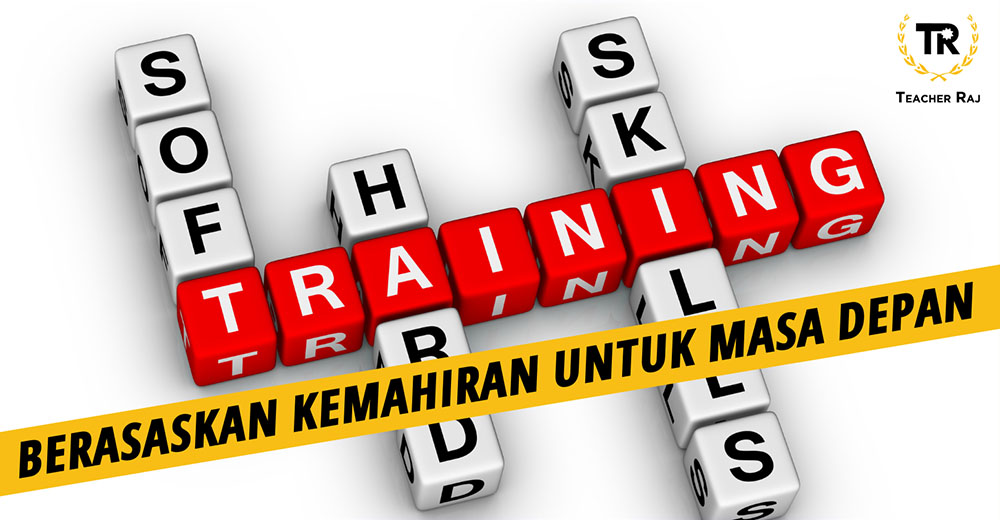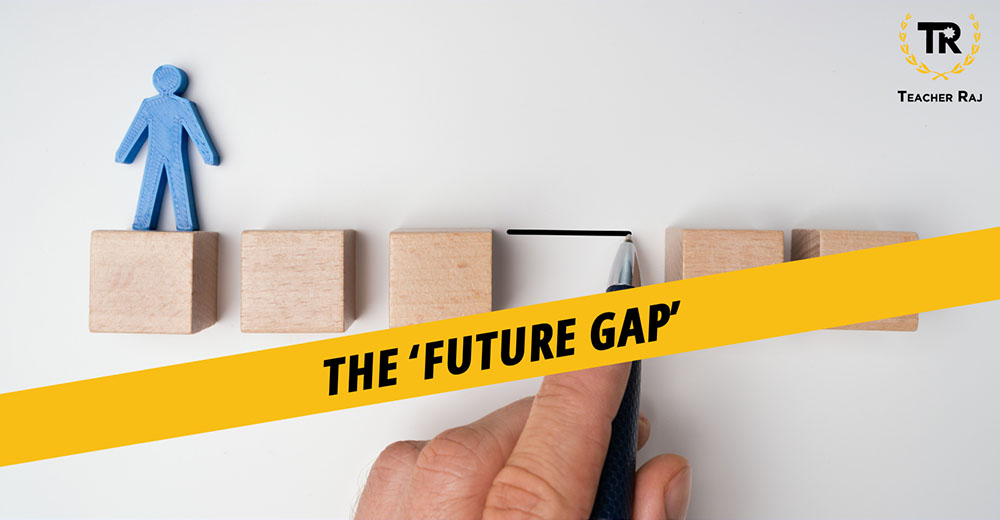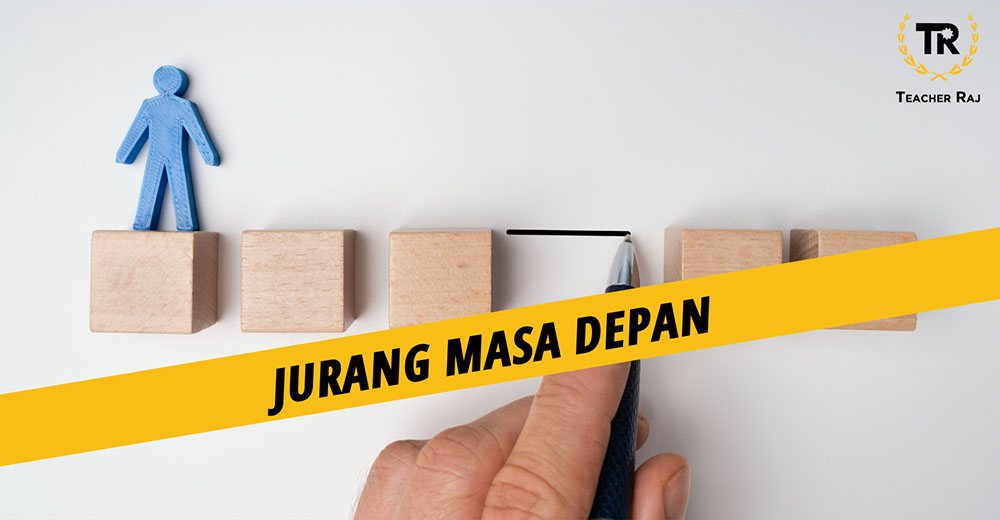Do you know what poverty is?
If someone was to ask you this question, what would be the first things that come to mind? Admittedly poverty would often be quickly associated with words like ‘suffering’, ‘malnutrition’, ‘hunger’, and yes, even ‘Africa’. We could perhaps blame the media for such stereotypes and shallow portrayals, but does the buck stop there?
We live in the Age of Excess. Around the world we are pumping out more produce and products, meal serving sizes are getting bigger, and the more wealth and material possessions we can accumulate, the better. But ‘excess’ is not just about the material things – it is also happening with information. With the dawn and explosion of the Internet, we have been bombarded with information from all sides. We literally have information at our fingertips.
However, this constant and excessive stream of information can cause overstimulation, which can lead to desensitisation. We now face the problem of filtering all this knowledge; and the skill of knowing what is true, and the ability to judge a piece of information for its usefulness, relevance and application is now essential. Is it any wonder why ‘fake news’ is such a problem today?
“In the same vein, we can also see how the public have become desensitised towards serious global issues.”
Concerns such as human rights violations, refugees, climate change and environmental devastation that have had an incredible amount of airtime in the media have made people lethargic towards it. We have become apathetic and unmoved.
And such is the case with poverty. Yes, we acknowledge that it does exist, and that it is an issue. Perhaps to an extent we do our best to help, or truly feel sorry for those trapped in it; or are resigned that it is too big of a problem and that we can’t make a difference.
And we carry on with our lives.
It is a sad thing that the issue of poverty (and other pressing concerns) has suffered because of this. People stay away from truly digging deep into the matter.
“Poverty is complex. In some cases, it is visible, but in many cases, it is not.”
Particularly in our modern era, poverty no longer fits into the stereotypes we are familiar with. Take the urban poor for example. We often associate poverty with homelessness, begging by the roadside, or living in rural areas. But the picture of poverty in the city can look very different. It is the factory worker living in a low-cost flat, feeding a family of six with a salary of RM1,200.
It is not possible to have a specific definition of poverty, as it is such a wide subject with different facets, and interpretations that need context. In 2019, UN Special Rapporteur Philip Alston questioned Malaysia’s method of measuring poverty, which yielded a national poverty rate of just 0.4% – one of the lowest in the world. This was because Malaysia defined poverty as having a household income of less than RM980 a month – this figure definitely needs some revising. UN officials said the poverty line was far too low, and suggested that realistically, it should be <RM2000 instead. And if we go by that number, it will mean that the poverty rate in Malaysia could be between 16-20%.
“The Covid pandemic that began in 2020 has also tragically changed the statistics.”
In September 2021, it was reported that 580,000 M40 households were now categorised as B40 – that is approximately 20% of the middle-income group. And the absolute poverty figure in Malaysia rose from 5.6% in 2019 to 8.4% in 2020. The uncertainty of the economy in these times may mean little improvement, or an unfortunate further decline in the months to come.
To be able to address and issue, it is vital to first get a grasp on it. To truly put in the work to understand the issue inside and out, and to view it in a holistic way. Only then can we arrive at solutions and approaches that can make a real, and lasting impact.

